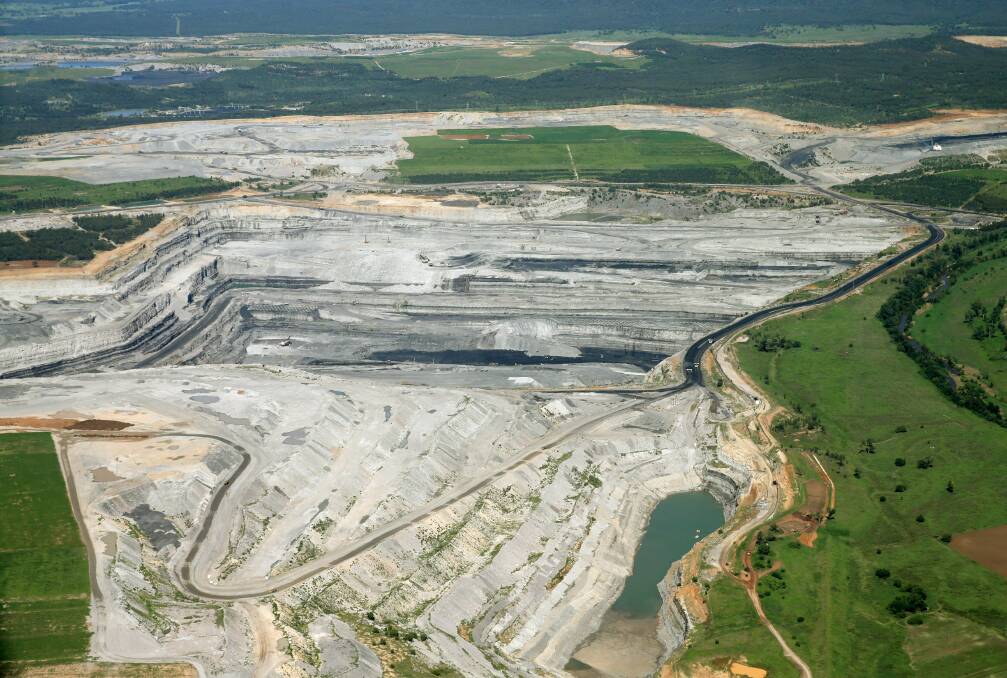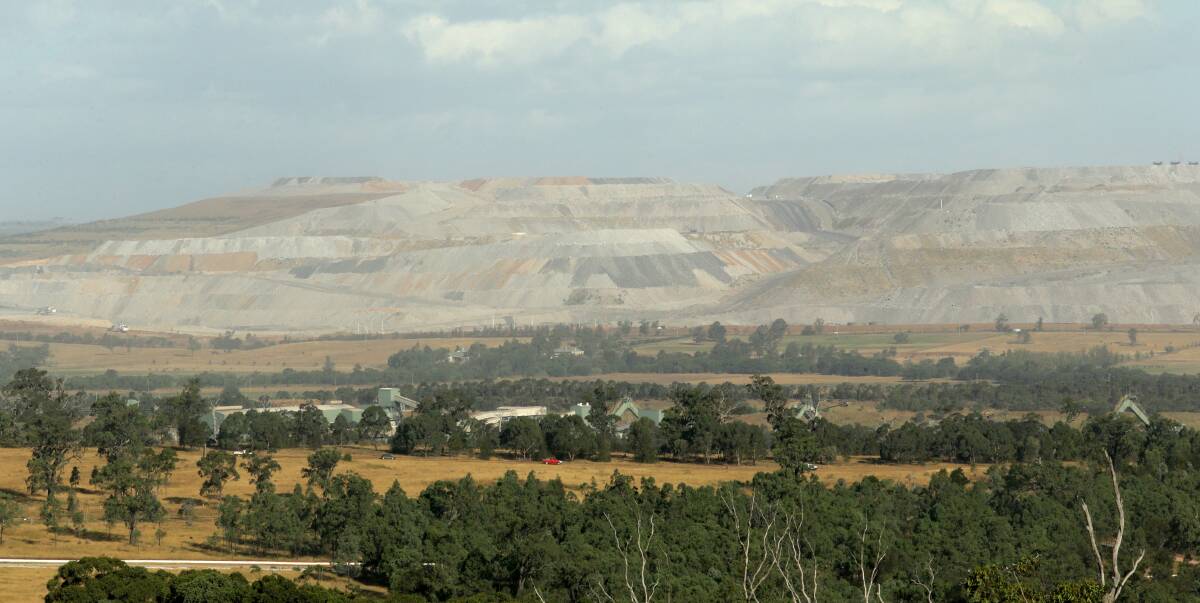THE NSW Department of Planning will start “unannounced” night-time inspections of Hunter coal mines after years of community dust complaints – and has issued a media release to let the mines know.
Subscribe now for unlimited access.
or signup to continue reading
“During these unannounced inspections we will be undertaking our work under the cover of darkness,” said department director of compliance Ben Harrison in a statement on Tuesday acknowledging the move followed community concerns about “mines’ poor environmental management at night”.
“These inspections are aimed at ensuring that mines continue to undertake best practice environmental management during night time operations, to minimise impacts on local communities,” Mr Harrison said.
But Hunter environmental activist Bev Smiles said she would have more confidence in the move if there had been no media release to warn mines of the “unannounced” night-time inspections.
“They’re trying to demonstrate to everybody that they’re doing their job, but if a media statement that they’re finally going to do something about the operations at night actually gets mines to stop doing what they’re doing, then that might be a good outcome.”

The night-time inspections follow increasing complaints about extremely high dust readings from Upper Hunter coal mines in the middle of the night in the past year and repeated exceedance warnings of dangerous dust levels from Camberwell and Singleton through to Muswellbrook.
They also follow significant warnings from groups including Doctors for the Environment and Environmental Justice Australia about the health impacts of emissions on Upper Hunter communities.
Bulga resident Alan Leslie said he had repeatedly advised the Environment Protection Authority of air quality exceedances and hourly coarse particle PM10 readings of more than 200 micrograms per cubic metre over the previous two years with no response other than an automatic reply. He had repeatedly advised the EPA of huge PM10 spikes in the middle of calm nights and asked for them to be investigated, with no response.

Mr Leslie was incensed when a complaint to Upper Hunter MP Michael Johnsen about deteriorating air quality, based on the monitoring network’s own data, were responded to by Hunter parliamentary secretary Scot MacDonald, who said the EPA had been in contact with Mr Leslie over several years and had given him a “detailed explanation” of what it was doing in response.
Mr Leslie said he was not given any explanation and the regular night-time dust exceedances showed the mining industry was not complying with conditions of consent.
Mr Harrison said night-time operations were “an extension of our extensive proactive monitoring efforts”.
“Mines that are found to be non-compliant can face a range of enforcement outcomes including written warnings, statutory directions, penalty notices, prosecution."

